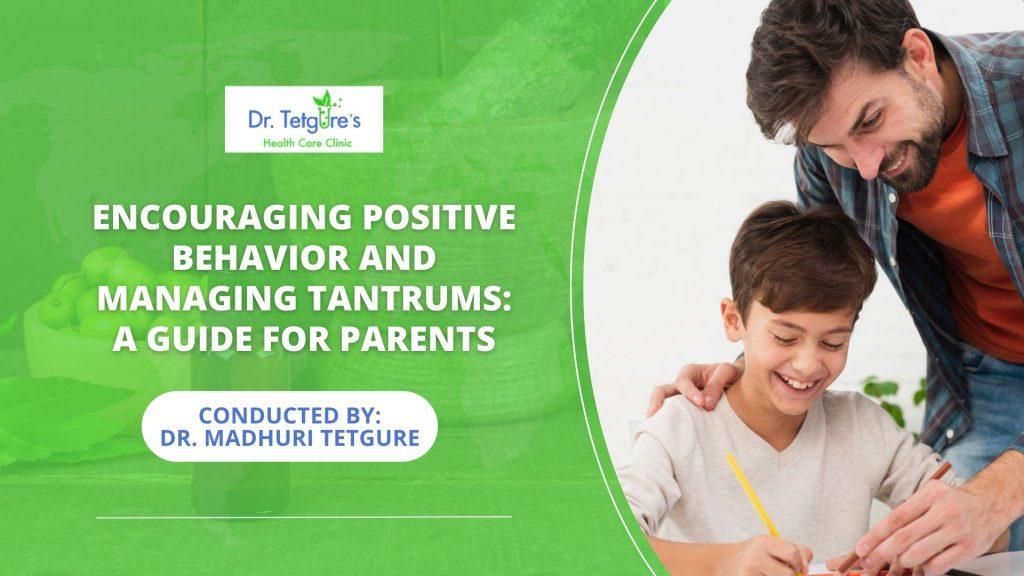Virtual Autism vs Autism: The Difference You Need to Know
Recently the term ‘virtual autism’, related to children’s development became a topic of interest and dispute among parents, teachers, and doctors. While virtual autism can be compared to traditional autism or autism spectrum disorder (ASD) in terms of some of the symptoms, it differs greatly from the latter in terms of the origin, signs, and effects. It is therefore important for parents and caregivers to be aware of the differences so that they can put their best effort into supporting their children. What is Autism: A Comprehensive Summary Autism Spectrum Disorder (ASD) is a condition that impacts how individuals engage with others communicate and behave in various ways. Autism is considered a disorder to acknowledge the diverse range of symptoms and the varying degrees of severity experienced by those affected. The common signs include challenges with eye contact, difficulty communicating verbally limited play behaviors, and heightened or reduced sensitivity, to their surroundings. While the precise cause(s) of autism have not yet been identified, the disorder is thought to be, at least partly genetic and also environmental. Science has further confirmed that the patterning of inheritance greatly influences the possibility of developing autism and exposure to some other factors like toxins during pregnancy might also increase the probability of this condition. Notably, autism is regarded as a developmental disorder that is present from childhood and characteristically does not go away, but gets stabilized with optimal management throughout the affected individual’s life. What is Virtual Autism: An Overview Virtual autism is a concept that is comparatively new and mainly relates to children with autism-like symptoms due to the addiction to gadgets and excessive use of screens during the early developmental stages of life. It came into being when certain specialists realized that children could develop signs of autism if they spent long hours in front of the screens, especially at the tender age when the brain is developing at the highest rate. In contrast to traditional autism, virtual autism results not from genes or innate neurological quirks but from exposure to digital technologies. Key Differences Between Autism and Virtual Autism Here are some of the major points that set Autism and Virtual Autism apart. Causes: Autism: Usually it is hereditary, but in some scenarios, environmental aspects tend to play a role. Scientific studies suggest that multiple gene interactions contribute to the occurrence of autism. Virtual Autism: Factors including habits, a lack of alternatives, FOMO, etc., contribute towards this condition, mainly due to prolonged use of screen devices at a tender age. Age of Onset: Autism: It is often observable at a very early age, with signs usually developing before the age of three but sometimes sooner than that. Virtual Autism: A child is likely to develop symptoms of dependency upon screens if they are of a younger age group and screen for long periods. Such symptoms are recorded when the child is in front of the screen for a long time. Symptoms: Autism: Includes groups of children who are functioning at different levels in terms of social and communication relations, repetitive, stereotyped behaviour, and calling of the abnormal threshold about stimulation and sensory approaches. These symptoms of neurological dryness are an abnormality that exists from birth. Virtual Autism: Signs are very similar to those of autism where a child may be slow to speak, avoid eye contact, show little or no interest in interacting with others, and engage in repetitive movements. However, such symptoms are mostly associated with limited developmental activities brought about by exposure to screens rather than from neurodevelopmental disorders. Reversibility: Autism: Autism is a lifelong neurodevelopmental disorder. Symptoms linked to it can be, although with partial effect achieved through therapies and support, never fully cured. Virtual Autism: It is claimed that it has the potential to be reversible if diagnosed early. Most children are capable of getting rid of virtual autism symptoms by reducing the time spent in front of the screen and exposing kids to more interactive forms of communication. Conclusion: On the surface, virtual autism and autism might be mistaken as one. However, it is important to know the difference between both because care and intervention should be given accurately. Autism is a severe neurodevelopmental disorder maintained throughout life and arising from genetic and neurological roots. On the other hand, virtual autism results from environmental factors, mainly excessive screen time, and in many cases can be reversible with timely intervention. For parents and caregivers, awareness is the first step. This includes reducing screen time and creating a stimulating, interactive setting to help typical development and prevent the appearance of virtual autism symptoms. If you suspect your child is showing signs of either condition, the best thing would be to see a healthcare provider so that they can get the right type of care and support. Difference Between Autism and Virtual Autism
Virtual Autism vs Autism: The Difference You Need to Know Read More »










